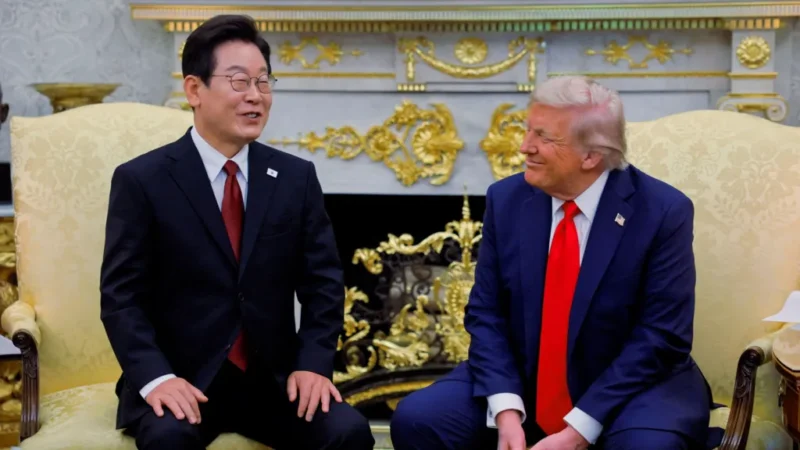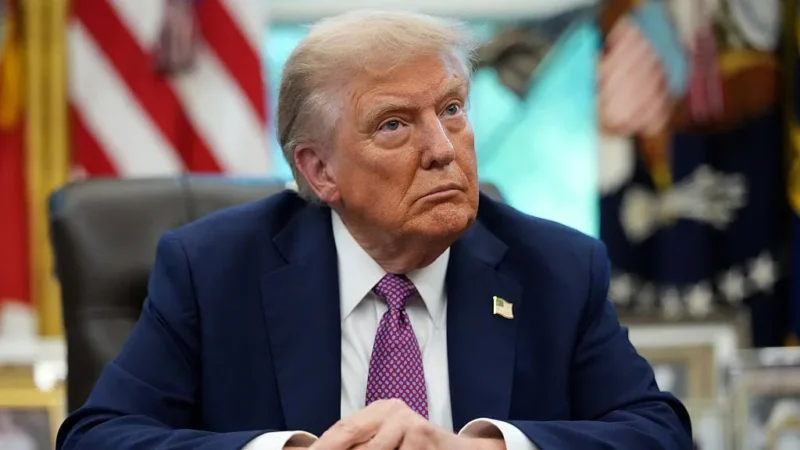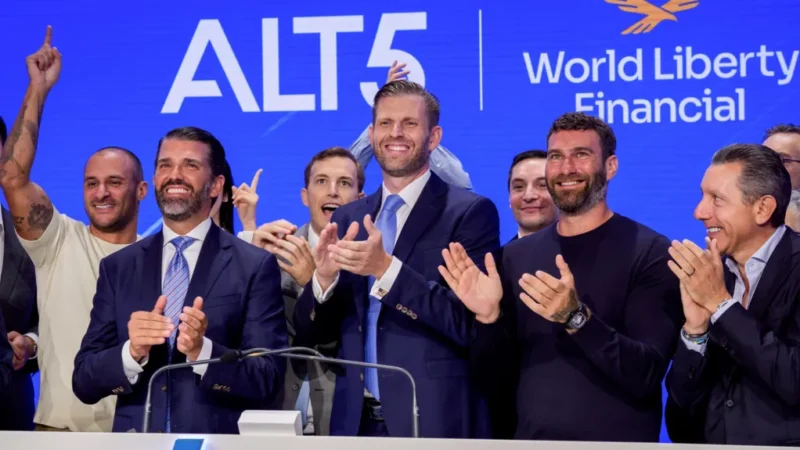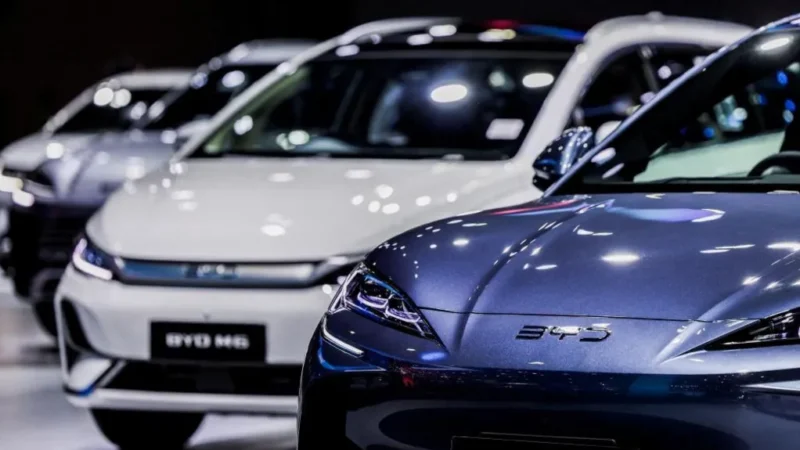The US Implements Rules to Exclude Chinese Components from Electric Cars

In a move aimed at reducing reliance on Chinese components in the electric vehicle sector, the United States has introduced regulations linked to government incentives for domestically manufactured electric cars. These regulations, focused on bolstering the American electric car industry, have sparked debate, with critics expressing concerns about potential impediments to electric car adoption.
Currently, Chinese firms dominate the production of electric car batteries and the minerals essential for their manufacturing. The US government perceives this dependence on Chinese manufacturers as an economic and security risk, leading to the implementation of restrictions. Notably, partnerships between major companies, including Ford and China’s CATL, have faced scrutiny.
Last year, Congress passed a climate law offering substantial tax incentives and financial support to boost the US electric vehicle industry. This law, credited with spurring nearly $100 billion in private investment related to electric cars, immediately excluded electric cars produced outside the country from tax credits. Starting in 2024, the law further prohibits cars containing battery components from a “foreign entity of concern” from being eligible for tax credits. By 2025, these restrictions will extend to cars with critical materials associated with such entities.
The proposed rules define a “foreign entity of concern” as a company headquartered in or owned or controlled by China, Russia, Iran, or North Korea. Entities where these countries’ governments hold a significant stake fall under these rules, which are currently open for public comment.
John Podesta, Senior Adviser to the President for Clean Energy Innovation and Implementation, emphasised President Biden’s commitment to reshoring jobs and factories from China. The Alliance for Automotive Innovation (AAI), a lobby group representing carmakers, welcomed the clarity provided by the guidance, stating that it appeared certain partnerships with Chinese firms, if located in the US, would comply with the rules.
However, Senator Joe Manchin raised concerns about the administration’s interpretation, accusing it of allowing potential benefits for China at the expense of American taxpayers. He expressed his intention to push for revisions and support any legal action against the rule.






